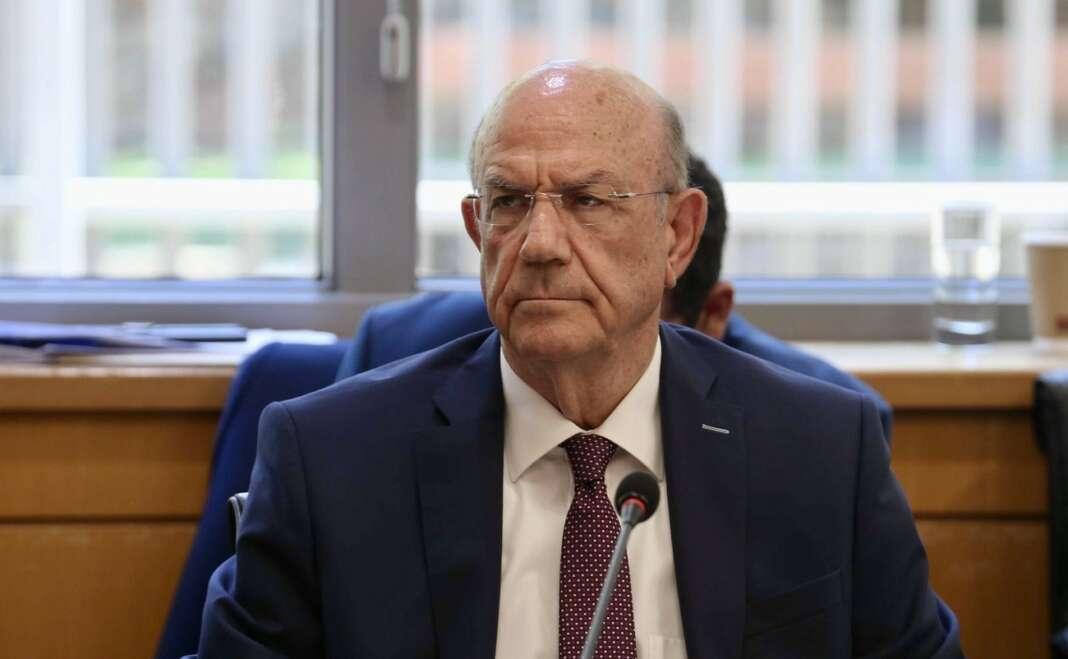On Wednesday, July 2, the Cypriot cabinet approved a new bill establishing a National Mechanism for Screening Foreign Direct Investments (FDI). This bill will align local legislation with European Union regulations on protecting national security and public order.
After the meeting, Finance Minister Makis Keravnos said that the government is consistently implementing its commitments and previously announced initiatives.
He emphasized that the new FDI system is a significant institutional reform designed to safeguard the country's strategic interests. The new mechanism will allow the Ministry of Finance, as the authorized body, to decide whether to approve, prohibit, or revoke FDI if it poses a risk to public order or national security.
Keravnos noted that this decision is of great importance as it directly concerns the protection of strategic assets and critical sectors of the economy.
He recalled that the bill had already been discussed in Parliament, where proposals and comments were made. Afterward, the document was finalized and unanimously adopted by the Cabinet of Ministers.

Under the new law, a foreign investor is defined as any natural or legal person registered outside the European Union, the European Economic Area, or Switzerland.
FDI is recognized as investments involving the investor's sustained and significant participation in the management of a Cypriot enterprise of strategic importance. These companies operate in sensitive sectors listed in the law's annex. These sectors include energy, healthcare, defense, communications, finance, transport, tourism, and dual-use technologies.
The minister clarified that investors must now notify the government if they intend to acquire a stake of 25% or more in the share capital of a strategic company. This rule also applies to transactions in which the investor increases their stake to between 25% and 50%. However, exceptions are provided for transactions involving ships under construction or the transfer of rights to ships, except for those operating with liquefied natural gas (LNG).
An Interdepartmental Advisory Committee will be established to coordinate and implement the mechanism. The committee will include representatives from the ministries of finance, defense, energy, justice, transport, internal affairs, foreign affairs, and trade. The committee will evaluate risks and provide recommendations on potentially sensitive investment projects.
Keravnos stressed that the bill was drafted based on the best European practices already implemented by other EU member states. He also noted that the European Commission strongly recommended the adoption of this law, as Cyprus was previously one of the few EU countries that had not introduced such a mechanism. When asked about the countries covered by the new law, the minister replied that it primarily concerns countries outside the EU. However, if a company registered in the EU is controlled by investors from third countries (owning 25% or more), its investments will also be subject to review.
Regarding the current state of regulation, Keravnos said that government agencies, such as the Ministry of Finance, the Capital Market Commission, and the Central Bank, already exercise partial control. The new mechanism will systematize and centralize the process by assigning specific powers and responsibilities to particular agencies.
The introduction of the mechanism does not mean restrictions on investment. Rather, it is about creating a transparent, centralized assessment system that will provide predictability for investors and reduce risks for the state. While remaining open to international capital, Cyprus is now focusing on sustainable development and strategic security.
